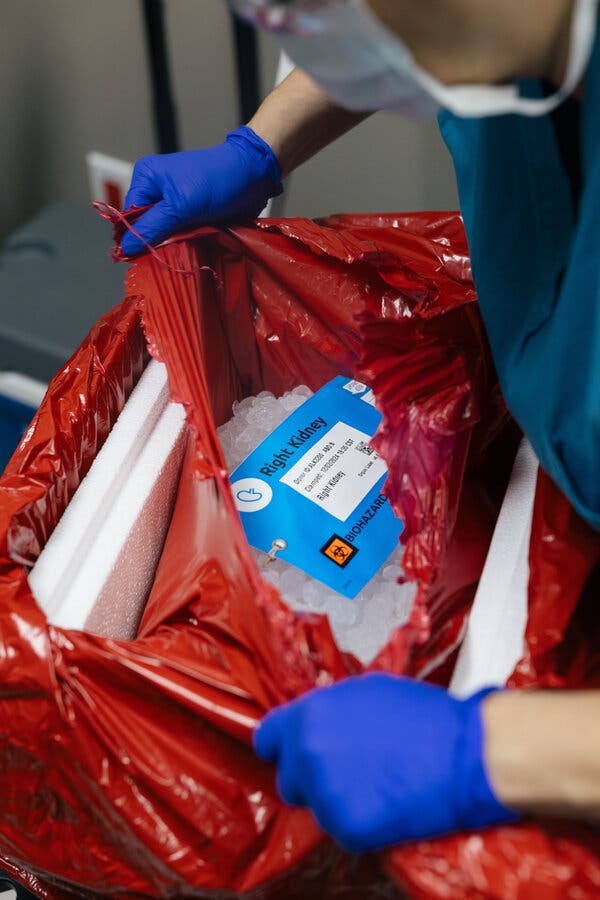Organ donation plays a crucial role in saving lives, with over 173 million Americans registered as organ donors. This humanitarian act allows individuals to contribute to the health of others after death, yet there remains a notable lack of clarity surrounding the process and its implications for patients and their families.
How does one become an organ donor? Any adult can register to donate their organs. In most states, individuals as young as 15 years old can also express their intent to become donors, although this decision can be revoked by their parents. Many individuals sign up while at their local Department of Motor Vehicles (D.M.V.), while others may register when they vote or through an online platform linked to their local Organ Procurement Organizations (O.P.O.s). These nonprofit agencies coordinate organ transplants and ensure that the process runs smoothly.
According to Donate Life America, a prominent advocacy organization, individuals can check their registration status or make changes online or at the D.M.V. It is important to note that some residents in certain states have reported difficulties in removing themselves from the organ donor registry.
The legal aspects of organ donation can be complex. If an individual is declared legally dead due to the absence of neurological activity—commonly referred to as being “brain-dead”—their status as an organ donor, as indicated on their driver’s license, becomes legally binding. This is true even if their family disagrees with the decision. In these cases, patients are often kept on a ventilator until the organ retrieval process can occur.
Despite the growing number of registered donors, medical ethicists emphasize the need for clearer communication regarding the implications of organ donation. Families may experience confusion or distress when faced with the reality of their loved one’s organ donor status, especially during difficult moments.
As the landscape of organ donation continues to evolve, understanding the process and implications can help demystify a critical aspect of modern medicine. The urgent need for organ donors remains, and promoting awareness about registering can make a significant difference in saving lives across the country.
